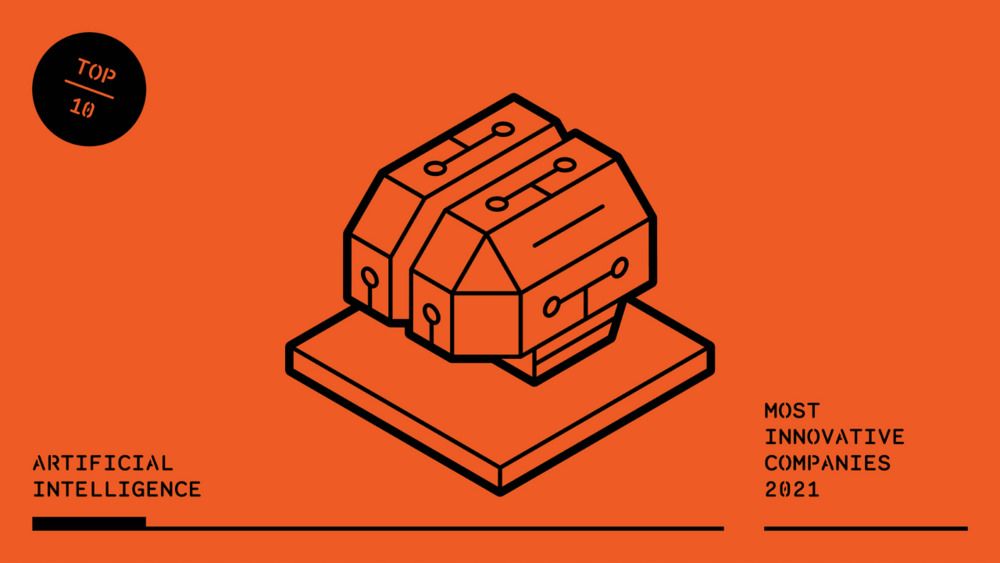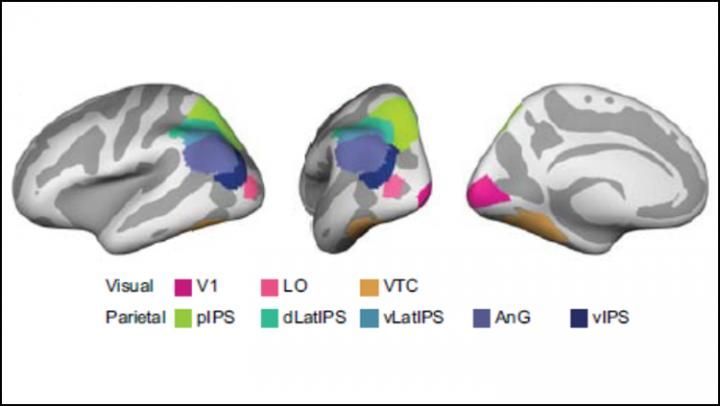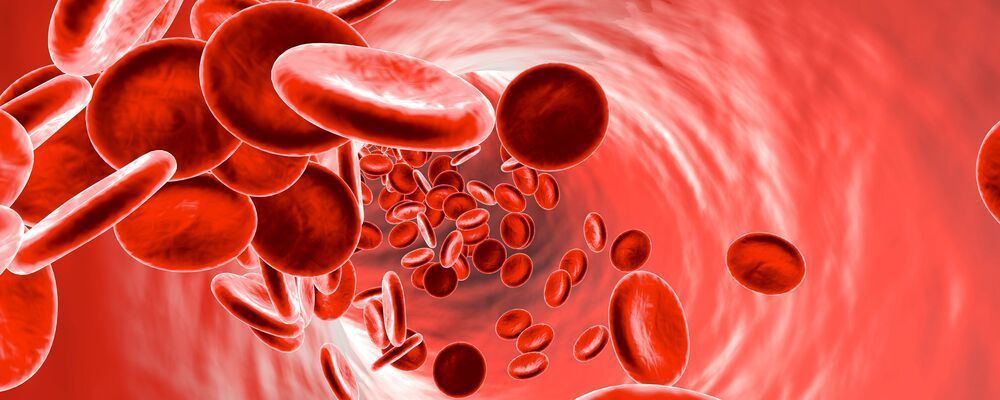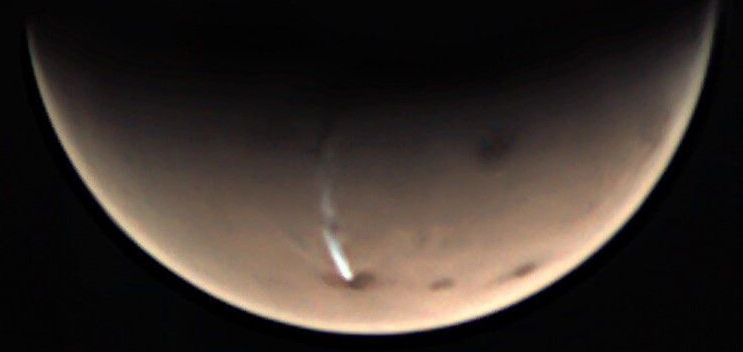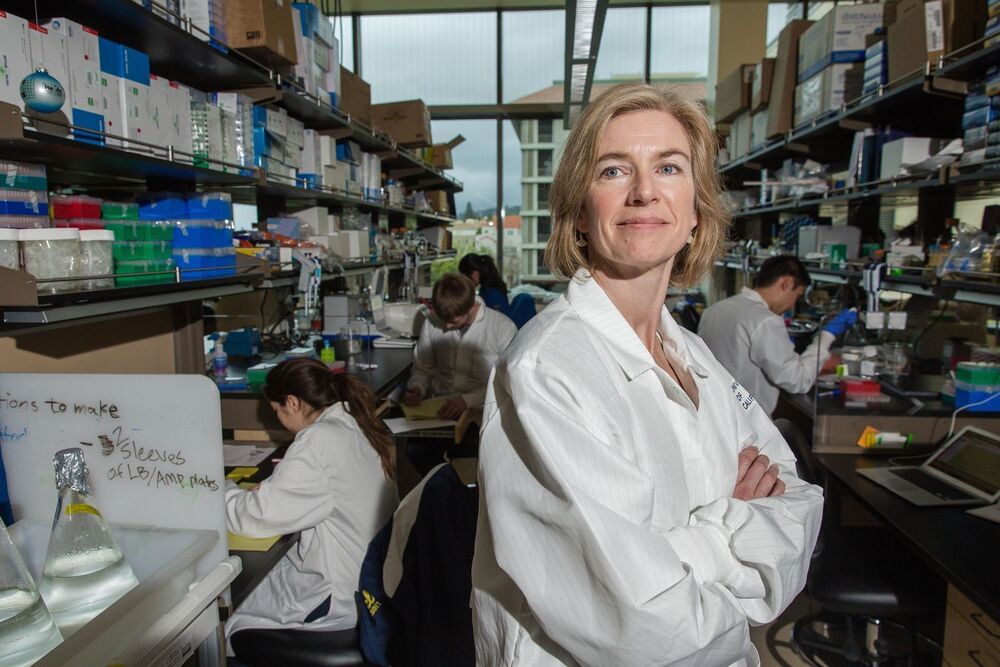During Parker Solar Probe’s seventh swing by the Sun, culminating in its closest solar approach, or perihelion, on January 172021, celestial geometry posed a special opportunity. The configuration of this particular orbit placed Parker Solar Probe on the same side of the Sun as Earth — meaning that Earth-bound observatories could observe the Sun and its outpouring of solar wind from the same perspective as Parker’s. This comes on the heels of a similar observation campaign in the winter of 2020.
“Along with the global science community, the Parker Solar Probe team can’t wait to see this new data,” said Nour Raouafi, the Parker Solar Probe project scientist from the Johns Hopkins Applied Physics Laboratory in Laurel, Maryland. “Combining it with contributions from observatories around the globe will help us to put Parker observations in a broader context and build a complete picture of the phenomena observed in the solar atmosphere.”
Read on for snapshots from a few missions that observed the Sun and the solar system during Parker Solar Probe’s seventh solar encounter.
